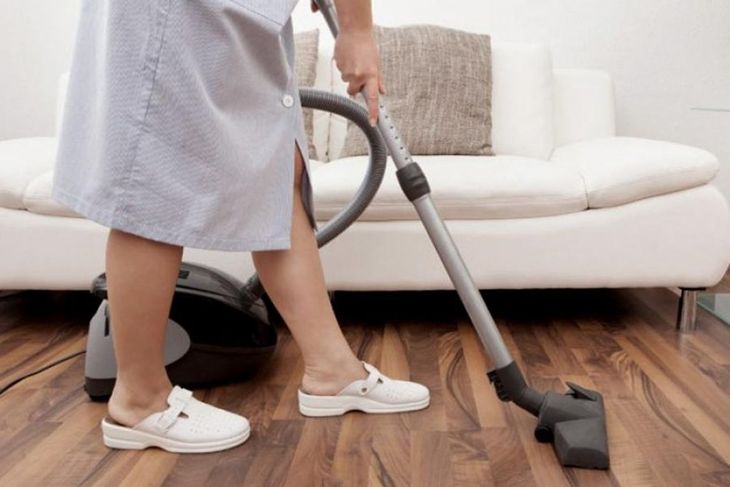This date aims to make visible the gender inequality that exists in the distribution of these tasks and the consequences that this can bring.
Since 1983, July 22 is commemorated International domestic labor day. The date aims to make visible the Gender inequality that exists in the distribution of these tasks, and the consequences That this brings. Grow-gender and work invites you to reflect on the centrality that this work has in society, and the need to promote a more egalitarian distribution.
The content you want to access is exclusive to subscribers.
Domestic work is work
In Argentina, 9 out of 10 women do this type of jobsin front of 7 out of 10 men. According to the last National Time Use Survey Available, when we analyze the total time destined, women dedicate – in average – some more than 4 hours a day, and men more than 2 and a half hours.


These tasks, often invisible, are fundamental to sustain the other activities of our societies. That is why it seems fundamental to stress that it is about work, which no matter how not remunerated, has immense value. In Argentina, it represents the 22% of GDP (ECLAC, 2022), and in other countries of the region the values are similar. It is that, in order to develop any other activity, someone has to deal with these tasks.
The consequences of this inequality: sticky floors
That are mostly women who deal with these activities implies Barriers for professional development. If the term glass roofs are mostly known to talk about the difficulties that women find to ascend in their work spaces, the sticky floors are not heard so much, and refers to the obstacles that women face to, no longer ascend, but access, sustain and develop in quality jobs.
When time is used for the support of domestic life -with its multiplicity of tasks, tiredness and wear -, there is little room for development in other areas. And there another factor comes into play, the social class: who can do so, outsourced care tasks, also in women. Nannies, domestic employees, nurses. The jobs linked to care are the most feminized. The sexual division of labor is still quite in force.
domestic employee.jpg

In Argentina, 9 out of 10 women perform this type of work. Unlike 7 out of 10 men.
The role of organizations
Grow-gender and work accompanies organizations in their transformation processes, to implement Measures to promote co -responsibility and labor and family reconciliation. What can be done? Have care spaces. Review license regimes, and move towards more egalitarian schemes, so that men get involved in care. Promote flexible schedules and disconnection policies that allow conciliation between working and personal life.
We also have training proposals, to work on the co -responsibility in care. With a critical look on gender mandates, we seek to generate reflections that allow those who participate, ask themselves about the impact of care tasks on work trajectories. In turn, we focus on care as a necessary and priority factor for all people, also understanding it as a right.
By Grow-Gender and Work team.
Source: Ambito
David William is a talented author who has made a name for himself in the world of writing. He is a professional author who writes on a wide range of topics, from general interest to opinion news. David is currently working as a writer at 24 hours worlds where he brings his unique perspective and in-depth research to his articles, making them both informative and engaging.




